Analysis and commentary on the Network’s experiences coordinating climate-resilient development.
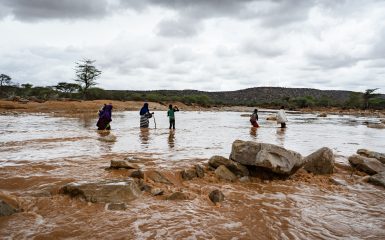
Climate Security and Peacebuilding in a Time of Converging Crises
By Alec Crawford and Julia Donaldson, IISD
While rarely in and of itself a sole driver of violence, climate change impacts can exacerbate traditional drivers of conflict. The international community must come together to help vulnerable countries build resilience on all fronts.
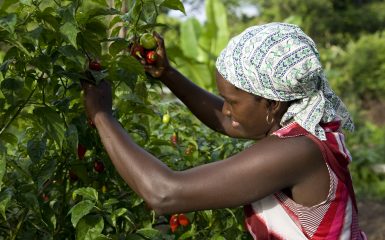
Enhanced NDCs Are Making Strong Links to National Adaptation Plans
Anika Terton and Christian Ledwell, IISD, in collaboration with IKI Support Project for the Implementation of the Paris Agreement (SPA)/GIZ
Many countries have initiated and are advancing their NAP processes to identify and address their priorities for adapting to climate change.
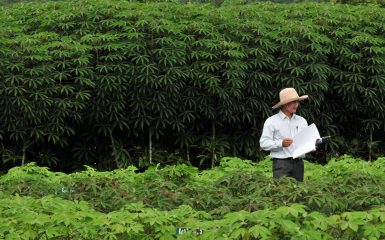
Why Learning Is Essential for Climate Adaptation Monitoring and Evaluation
Patrick Pringle, Pandanus Climate Consulting/Senior Research Associate, Climate Analytics
As recognition of learning within monitoring and evaluation for climate adaptation grows, this guest blog explores how to move from rhetoric to practical action.
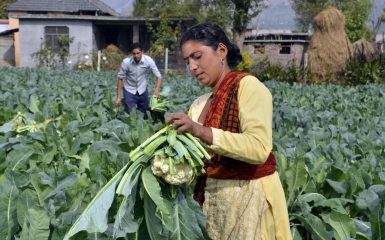
Five Steps to Ensure Your Private Sector Engagement Is Gender Responsive
By Clare Church
As governments engage the private sector in their NAP process, they should take these necessary steps to ensure their efforts are gender responsive.

How COVID-19 Is Reinforcing the Need for Climate Adaptation in Vulnerable Countries
Insights from NAP Global Network Partner Countries
Both the impacts of—and recovery responses to—the COVID-19 pandemic can be linked to a country’s priorities for adapting to climate change. Recognizing this intersection, we reached out to our partner countries to better understand how the COVID-19 pandemic has affected their plans to prepare for and adapt to the impacts of climate change, asking: Has […]
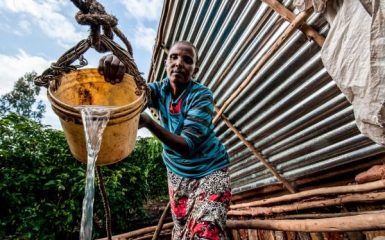
Resilient Recovery: Using Climate Adaptation Plans to Build Back Better
Anne Hammill
Though focused on climate change, National Adaptation Plans (NAPs) offer important assessments of the risks a country faces and can be valuable in devising more comprehensive pandemic response strategies.
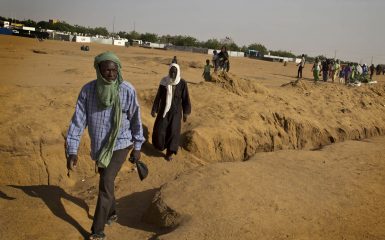
How National Adaptation Planning Can Help Build Peace
By Clare Church and Alec Crawford
In many states struggling with fragility, climate change vulnerability, and conflict are inextricably linked. Aligning and coordinating the agendas of climate change adaptation and peacebuilding will be imperative to ensure the sustainable development of these states. The NAP process presents a significant opportunity to bring these agendas together.
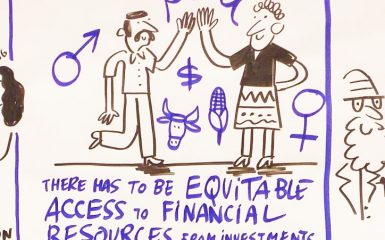
Unpacking Gender-Responsive Adaptation Finance: Key issues and the way forward
By Angie Dazé
As finance for climate change adaptation is scaled up, there is a real opportunity to promote human rights and gender equality in line with the ambitions of the Paris Agreement. However, without careful consideration, there is also a real risk that these investments will not benefit those who need them most—vulnerable people in communities on […]

NAPs and the GAP: Five ways National Adaptation Plan processes can support implementation of the enhanced Gender Action Plan
By Angie Dazé
While COP25 was underwhelming in terms of its results, there was one bright spot in relation to addressing the gender dimensions of climate change under the United Nations Framework Convention on Climate Change (UNFCCC). Over the course of 2019, UNFCCC Parties and stakeholders undertook a process to review the Lima Work Programme on gender (established […]

Adaptation to Climate Change: Putting people first
by Daniel Morchain
This op-ed was originally published in Portuguese by “A Tarde” newspaper from Salvador, Brazil, on August 19, 2019. This week, people from all over Latin America gather under the auspices of the United Nations Framework Convention on Climate Change (UNFCCC) in Salvador, Brazil, to discuss—and hopefully act on—the climate crisis we are all experiencing, a […]
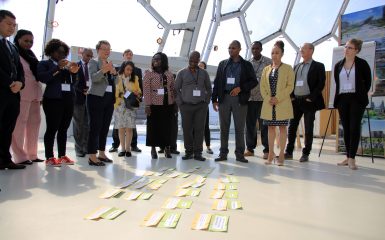
Self-Assessment: A Learning Tool for Improving the Effectiveness of NAP Processes
The NAP Global Network’s South–South peer learning events provide a forum for exploring different aspects of the NAP process, focusing on key technical issues that will improve effectiveness. These events have used a variety of methods to support NAP actors from different countries in building their knowledge and learning from one another. Among these, self-assessment […]

When Life Gives You Lemons: How to Bolster Businesses’ Capacity for Making Lemonade Out of a Changing Climate
By Alec Crawford and Clare Church
Lemonade is the perfect drink for a hot summer day: cool, crisp and refreshing. And while it can help us beat the summer heat, soaring temperatures in many parts of the world could threaten the future of the core ingredient needed for this beloved summer fixture.